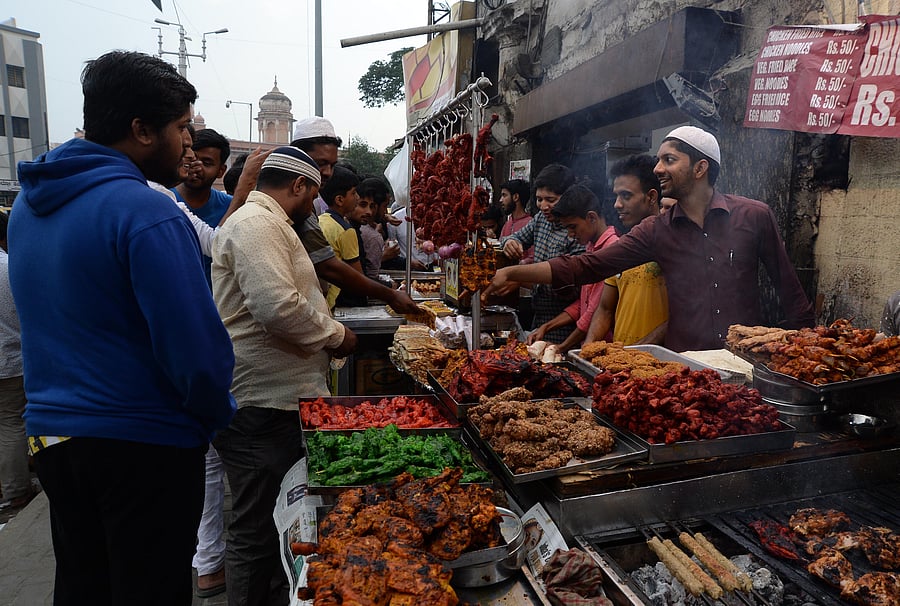
About 94 % of young patients, who suffered a heart attack, were non-vegetarians, according to a report released by Sri Jayadeva Institute of Cardiovascular Sciences and Research.
The report ‘Epidemic of Heart Attack in Young Indians’ was released to mark the World Heart Day 2019. Among several risk factors, diet distribution showed that just 6% of the young patients who suffered a heart attack were vegetarians. The survey has a data of 2,400 Under-40 patients, who were attended to at Jayadeva Hospital.
Dr Rahul Patil, research head of the study, said there was high consumption of red meat with mutton being a favourite in the region. “It has pure saturated fatty acids. This is a risk factor. Also, among the suburban population, the consumption of meat is high, but there are very little fruits and vegetables in the diet. The poorer the people get, fruits almost vanish off their plate,” he said.
Among the other factors, the gender gap among the affected was also wide. About 91% of these were men and just 9% women. While just 11% of people with a history of diabetes had a heart attack, 49% were either smokers or were exposed to secondhand smoke. About 35% of people had no associated risk, which prompted the doctors to understand that air pollution was the cause.
Dr C N Manjunath, Director, Sri Jayadeva Institute of Cardiovascular Sciences and Research, said air pollution has been among the major causes of heart disease.
“The particles less than 2.5 pm are known to get deposited in the blood vessels and form clots. There is an immediate need to decongest the city and remove old vehicles off the road.”
Dr Pratima Singh, research scientist, Center for Study of Science, Technology and Policy, said besides being a major factor for heart attacks, air pollution was also responsible for 49% of deaths among patients with Chronic Obstructive Pulmonary Disease.
“It is estimated that there is a 66% increase in vehicular pollution between 2015-2030. There is an urgent need to address this,” she said.
She said although Karnataka’s pollution control board has listed strategies to curb air pollution, the board, however, is found wanting at implementation levels.
